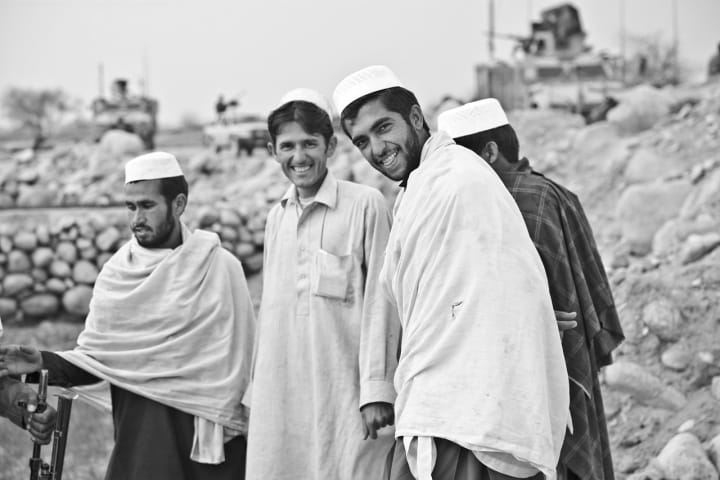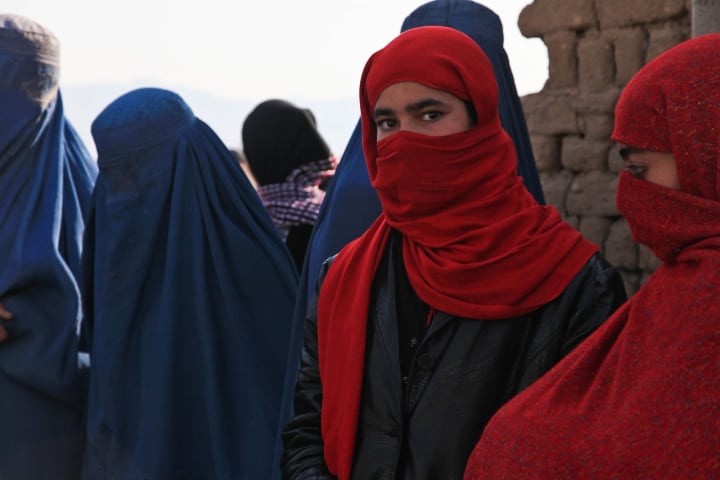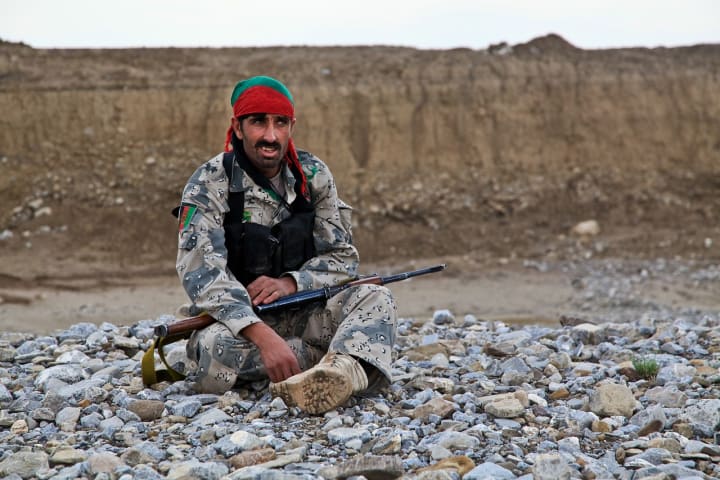Afghanistan: A Turbulent Journey from Hope to Despair
A story of a tumultuous journey from hope to despair

Afghanistan, a nation with a rich history and diverse cultural heritage, has witnessed a tumultuous journey from the early 2000s to the present day. The story of Afghanistan is one marked by periods of hope, political changes, and ultimately, a descent into despair.
The post-9/11 era marked the beginning of a new chapter for Afghanistan. In 2001, following the terrorist attacks in the United States, a U.S.-led coalition invaded Afghanistan to dismantle the Taliban regime, which had provided refuge to Osama bin Laden. The early years saw international efforts to stabilize the country and establish democratic institutions. Hamid Karzai became the first democratically elected president in 2004, symbolizing a glimmer of hope for a nation ravaged by decades of conflict.
owever, the situation began to deteriorate as the Taliban regrouped and launched a resurgence. The years that followed were marred by escalating violence, with Afghan civilians caught in the crossfire. The U.S.-led coalition faced challenges in containing the insurgency, and the conflict took a heavy toll on both Afghan and international forces.
In 2014, the U.S. and NATO formally ended their combat mission, transitioning to a train-and-assist role for Afghan security forces. This marked a turning point for Afghanistan, as it faced the daunting task of maintaining stability independently. Despite efforts to build a capable Afghan military, the Taliban continued to gain ground, exploiting governance issues, corruption, and a struggling economy.
As the security situation worsened, political instability added another layer of complexity. The 2014 presidential election faced allegations of fraud, prompting a U.S.-brokered power-sharing agreement between Ashraf Ghani and Abdullah Abdullah. The fragile unity government struggled to address the country's challenges, and divisions hindered effective governance.
In 2018, the United States engaged in direct talks with the Taliban, aiming to find a political solution to the conflict. The Doha Agreement in 2020 paved the way for the withdrawal of U.S. troops, with a commitment from the Taliban to reduce violence and negotiate with the Afghan government. However, the intra-Afghan talks faced numerous hurdles, and violence persisted on the ground.
The year 2021 witnessed a rapid Taliban offensive, capturing key provinces and gaining momentum. In August, as the U.S. completed its troop withdrawal, the Taliban seized control of Kabul, marking a swift and unexpected takeover. The collapse of the Afghan government shocked the world, leading to chaotic scenes at Kabul airport as Afghans sought to flee the country.
The international community grappled with the consequences of the Taliban's return to power, with concerns about human rights, particularly for women and minorities. The Afghan people faced an uncertain future as the Taliban sought to establish a new government and gain international recognition.
As Afghanistan descended into a humanitarian crisis, with economic collapse and widespread poverty, the world watched with a mix of empathy and frustration. The story of Afghanistan, from the initial hope of a stable and democratic nation to the current despair, serves as a stark reminder of the challenges inherent in nation-building and the complexities of ending long-standing conflicts.
The situation in Afghanistan continues to evolve, with ongoing efforts by the international community to address the humanitarian crisis, protect human rights, and find a diplomatic resolution to the conflict. The journey of Afghanistan remains a sobering tale, emphasizing the need for sustained global engagement and commitment to prevent the recurrence of such tragedies in the future.
The relationship between Afghanistan and the United States has been characterized by a complex interplay of military intervention, nation-building efforts, and diplomatic engagements. Starting with the post-9/11 invasion, the two nations collaborated on security and governance, culminating in the withdrawal of U.S. forces in 2021 and the subsequent Taliban takeover.



Shahid m

About the Creator
Enjoyed the story? Support the Creator.
Subscribe for free to receive all their stories in your feed. You could also pledge your support or give them a one-off tip, letting them know you appreciate their work.






Comments
There are no comments for this story
Be the first to respond and start the conversation.